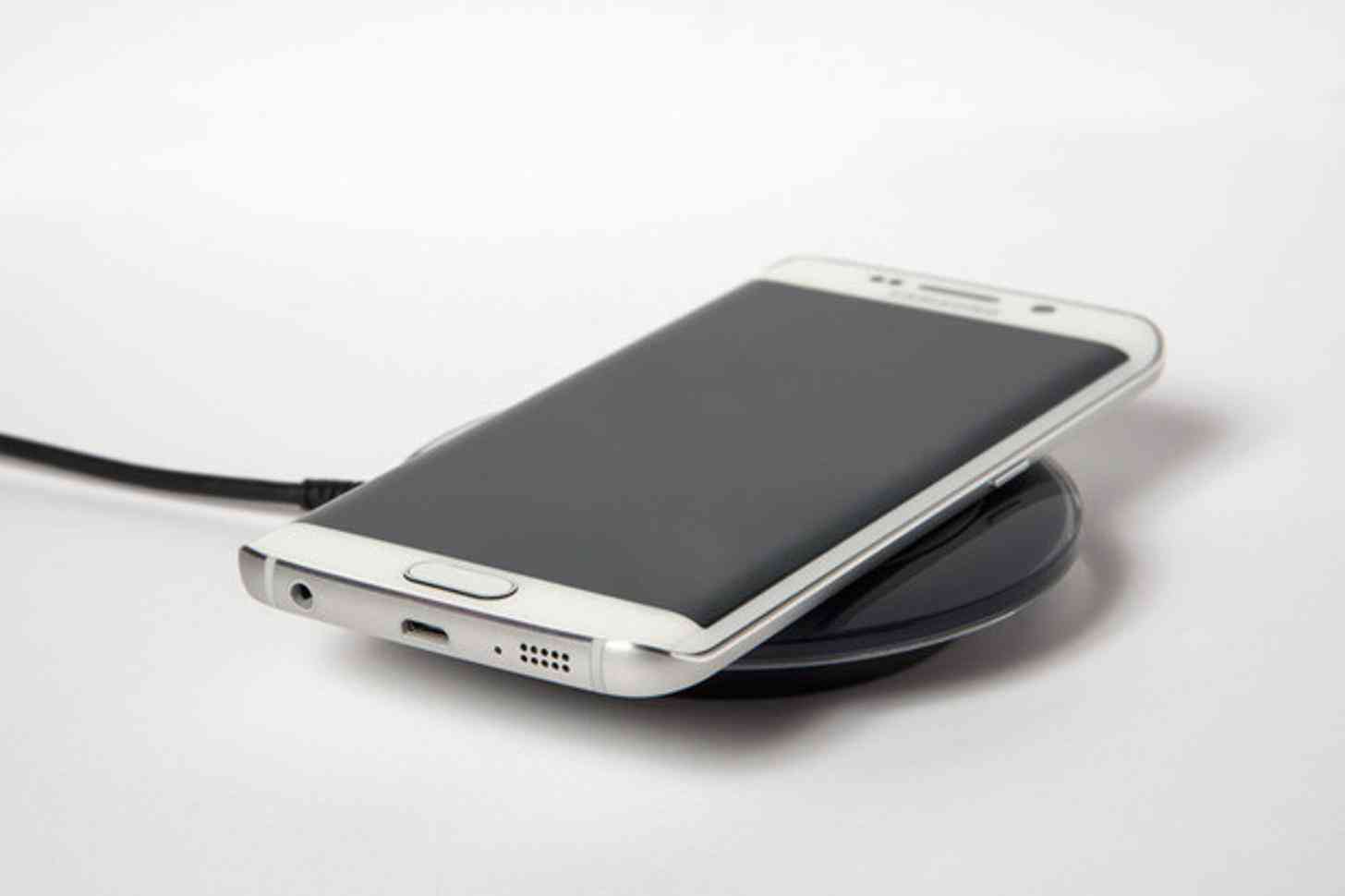
Last year, a few phones made a big splash in the industry by making the bold – some might even say “courageous” – decision to remove the standard 3.5mm headphone jack. The most notable example comes in the form of Apple’s iPhone 7, where backlash was loudly vocalized mostly because Apple is the only company to manufacture the iPhone, the only smartphone to run on the popular iOS platform.
Although the decision resulted in a vocal backlash and iPhone sales expectations declined by about three percent, the overall loss isn’t expected to last. In fact, I wonder if Apple avoided a larger decline considering the mobile industry was in the midst of a much bigger problem shortly after the iPhone 7’s release. Apple also included both a Lightning-connected wired headset and a Lightning-to-3.5mm adapter in the box, which likely alleviated some worry regarding alternatives.
Still, the removal of the 3.5mm jack was a pretty big deal, and it may become an even bigger deal this year as rumors regarding the iPhone 8 recently surfaced claiming that Apple will not include an adapter this year, according to Japanese blog Mac Otakara. Additionally, this year may be the first year that the iPhone will support inductive wireless charging. The rumor elaborates on this aspect stating that while the phone is expected support wireless charging, the actual ability to wirelessly charge would require a separately sold accessory.
Rumors are, of course, just rumors, and these rumors aren’t anything we haven’t already seen from other manufacturers. However, I’m starting to wonder if Apple is the catalyst for a stronger push towards the next logical step for smartphones: wireless everything.
Adoption of wireless technology has been happening at a snail’s pace over the past several years in the smartphone industry, so I haven’t really had to consider what life without wires would be like. I applauded companies that included wireless charging capabilities, but when Apple removed the 3.5mm headphone jack last year, I wasn’t impressed. Although they weren’t the first to do it, their decision unquestionably held the biggest impact thus far. It also felt more like a push for people to buy AirPods instead of actually believing that wired headsets were obsolete because they’re not. Yet. Maybe not ever.
Wires are, undoubtedly, a burden in certain ways, but even in a world where everything works wirelessly, I feel that wired methods still work as a good fallback in case something fails. The main reason I supported wireless charging was because working in retail, I had seen people come in with destroyed charging ports and needed an exchange ASAP or else they’d be without a phone. Sometimes, those replacements wouldn’t come in for a week. If they’d had a backup option – like wireless charging – they would have had some time to get their affairs in order before requesting a replacement. I know it didn’t happen often, but I'm a firm believer in back-up plans. I’m just not convinced that wireless technology should completely replace wired alternatives so much as they should be offered in addition to them.
I might just be having a hard time imagining a life without something so standard, almost like trying to imagine life with flying cars – or more realistically, electric cars. But unlike electric cars, which have a clear advantage over gas-powered cars in crucial ways – wired connections in gadgets still have a valuable purpose.
Readers, what are your thoughts on a "wireless" future? Should manufacturers simply aim to become wireless, or do you think wires will continue to have a place?